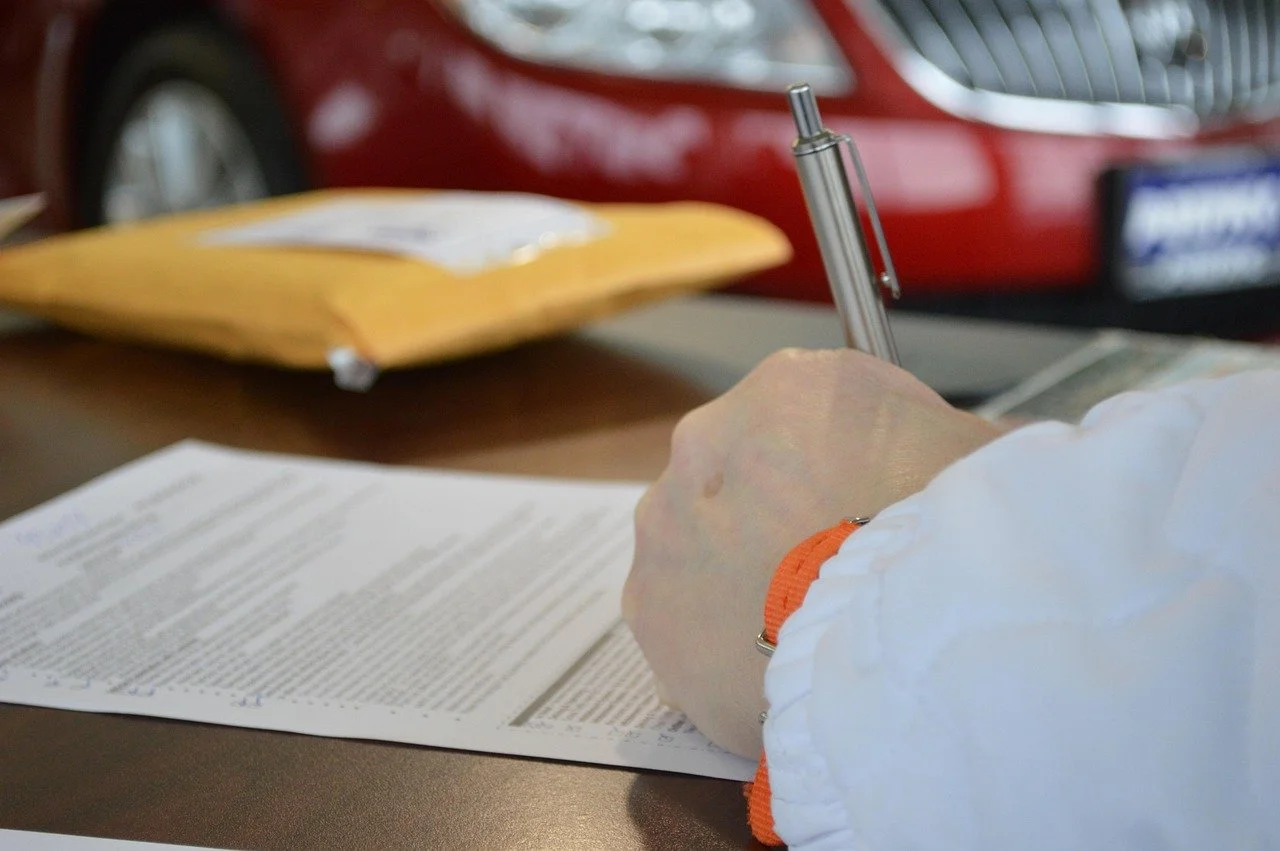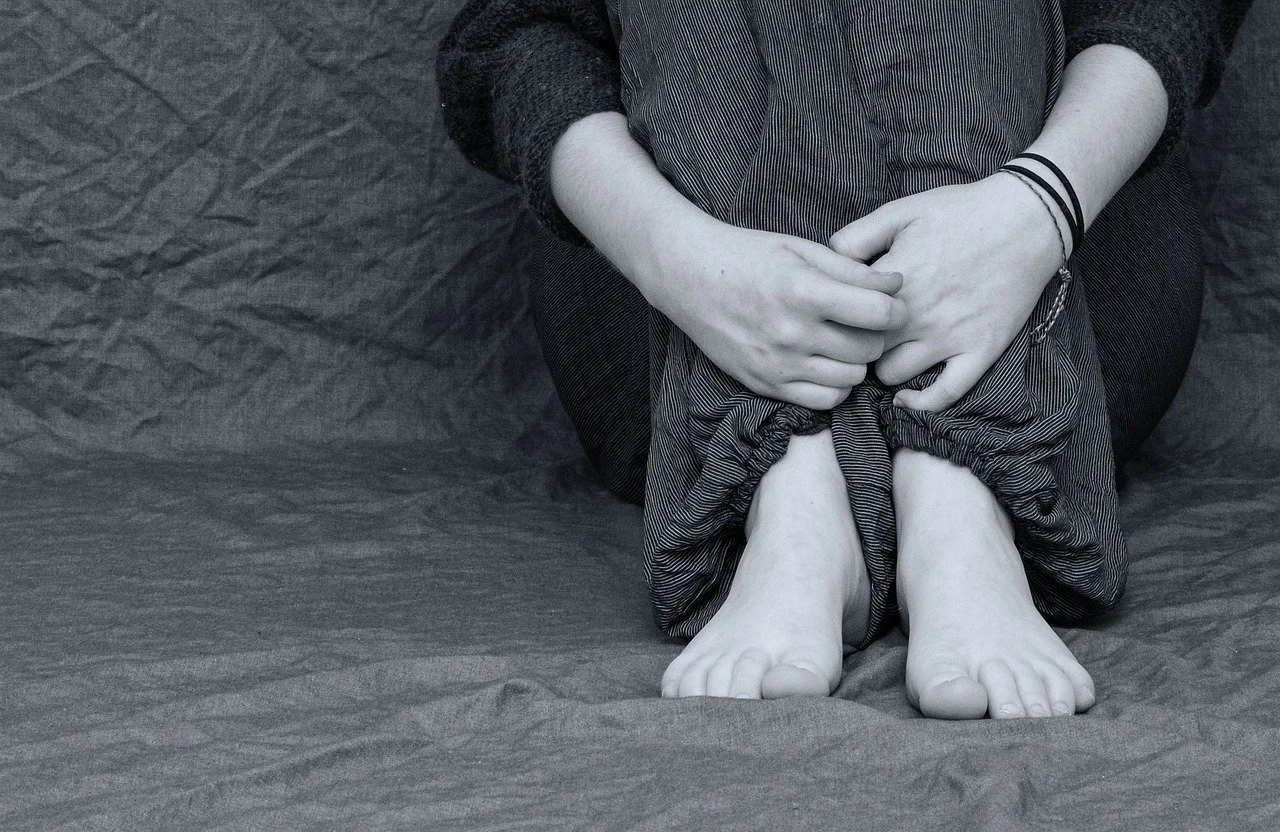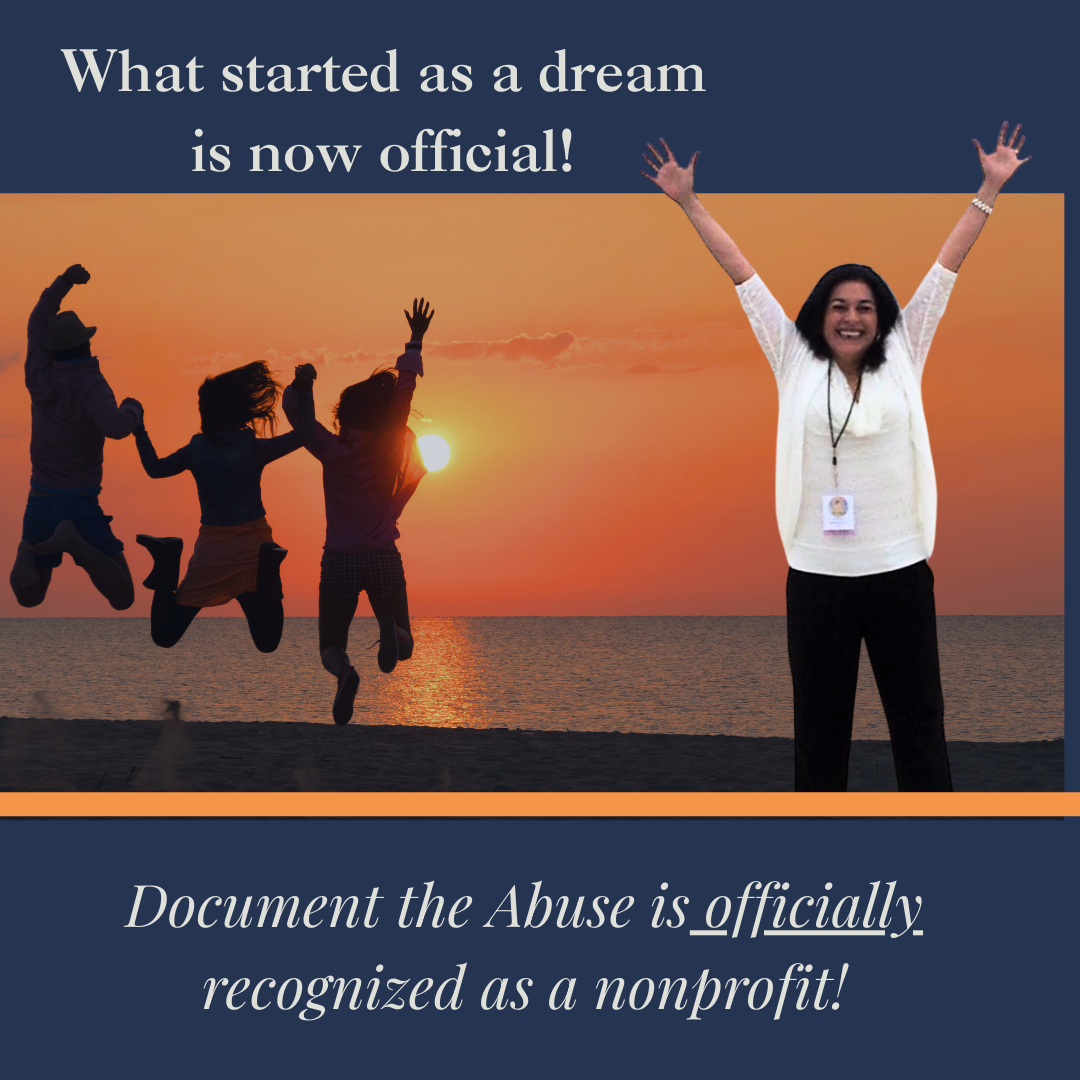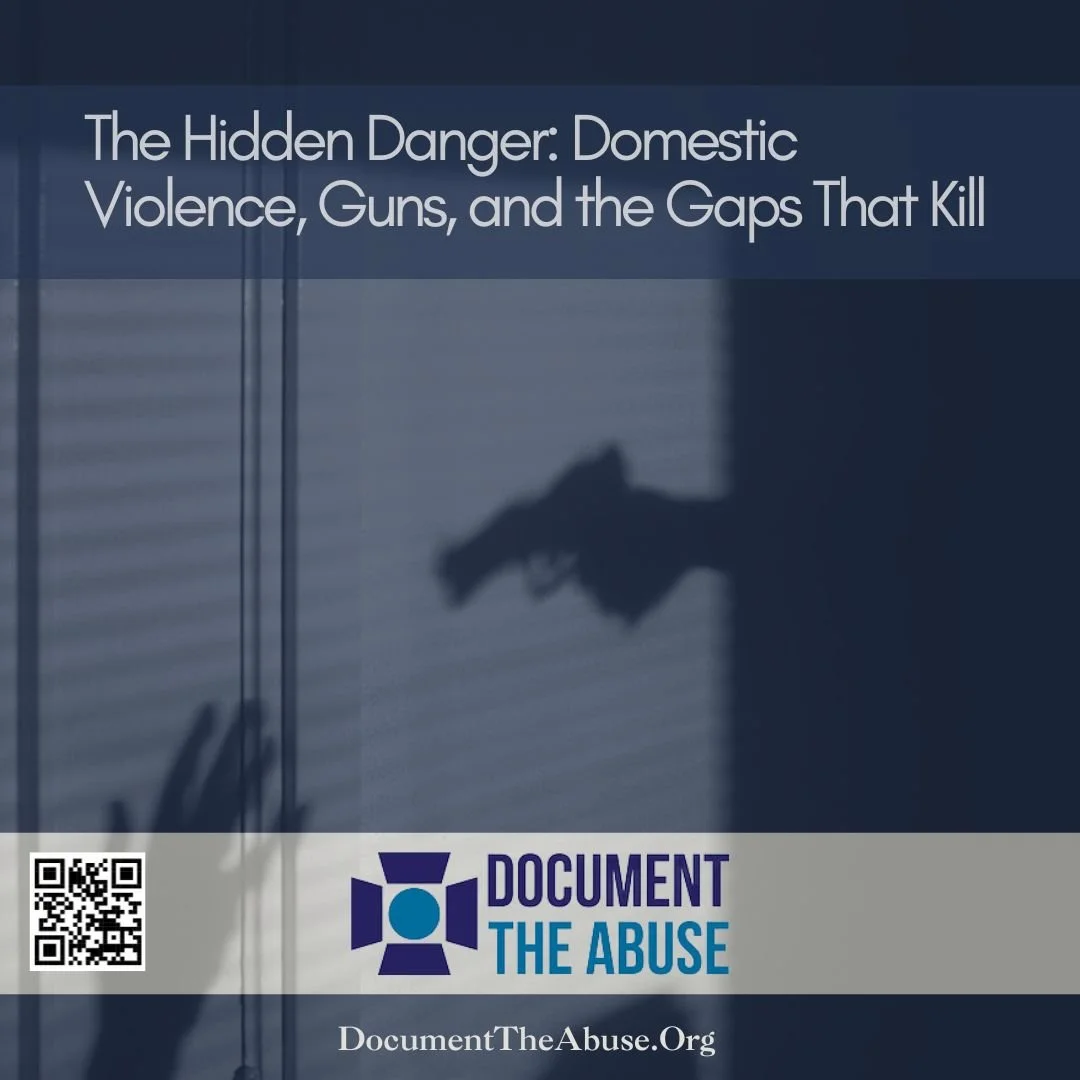How Victims of Abuse Can Safely Document Without Increasing Risk
Traditional evidence standards fail survivors of abuse by requiring unrealistic proof. Learn how the Evidentiary Abuse Affidavit (EAA) empowers survivors to document abuse on their own terms—legally, securely, and without re-traumatization.
What Is Evidentiary Abuse and Why It Matters in Legal Cases
This article explains evidentiary abuse, a form of coercive control where abusers manipulate or interfere with evidence to gain advantage in legal cases. Learn how evidentiary abuse affects survivor credibility, why it matters in court, and how trauma-informed practices can help prevent injustice.
When Abuse Victims Change Their Stories
Many domestic violence victims later change their stories, not because the abuse didn’t happen, but because fear, dependency, and emotional bonds make it feel safer to withdraw. Understanding this response helps protect victims and preserve evidence safely.
Notarizing a Document: In Person vs. Virtual
When it’s time to notarize important documents like the Evidentiary Abuse Affidavit (EAA), should you choose in-person or virtual? Learn the benefits, safety considerations, and best practices for both options.
Big News: Document The Abuse is Now a Registered Nonprofit!
We have something to celebrate—and we want you to celebrate with us!
Document The Abuse is now officially a 501(c)(3) nonprofit organization!
This milestone means so much more than a new title. It means we can do even more for victims and survivors of abuse. It means more resources, more training, and more hope for the people who need it most.
Victims Beyond the Target
Abuse is never contained. It spreads across homes, families, friendships, workplaces, and communities. The target victim carries the heaviest burden, but they do not carry it alone. Everyone connected to the abuse, in large or small ways, bears its weight.
6 ThingsVictims of Abuse Expect on Their First Call for Help
For a victim of abuse, picking up the phone and calling the police is rarely a simple or impulsive decision. It's usually the result of countless sleepless nights, moments of fear, isolation, and the exhausting calculation of risk versus hope.
The Hidden Danger: Domestic Violence, Guns, and the Gaps That Kill
We’ve spent many years working with survivors, law enforcement, advocates, and legal experts to highlight how domestic abuse isn’t just a private matter, it’s a public safety crisis. One of the most deadly aspects of this crisis is the easy access abusers have to firearms, even when the law says they shouldn’t.
Strengthening the First Response
"Finding the courage to make that first call to law enforcement can be terrifying for a victim. They often don’t know what kind of help they’ll receive—or if it will truly apply to their unique situation. Too often, responders are simply ‘checking the box,’ offering generic suggestions that fail to address the specific needs of the case."








